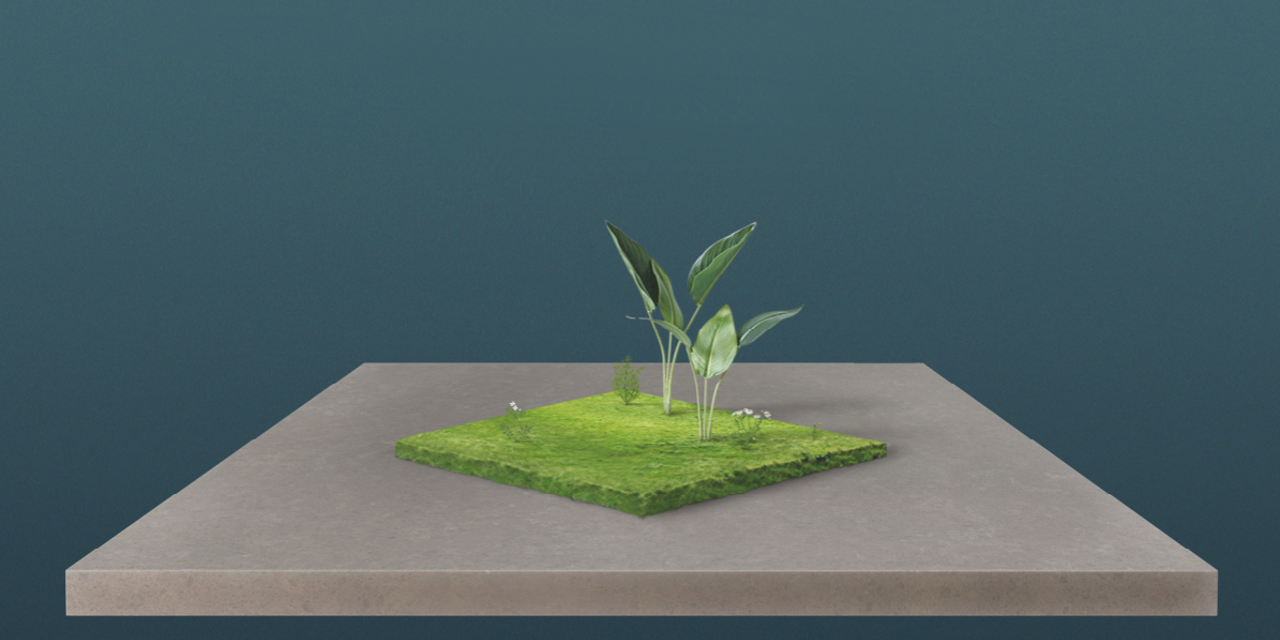World Environmental Education Day is celebrated on January 26. Its main objective is to identify environmental issues and raise awareness among people and governments of the need to participate in conserving and protecting the environment.
Today, we are facing new challenges that directly influence our food and compromise our food security: climate change, food waste, overexploitation of resources, pollutants, superbugs….
In the kitchen, we can be very active in caring for the environment with simple actions that will allow us to be more sustainable and reduce the environmental impact in our homes.
Sustainability actions in our homes:
- Avoid food waste: 50% of food is wasted in household kitchens. Therefore, we are the ones who must pay attention to the way we conserve our food to avoid wasting it and improve its utilization.
- Incorporate practices for proper recycling and
environmental care:
- Remember to apply a correct separation of waste for recycling. To do this, we must be very clear about what we are separating and where each product should be deposited.
- Pay attention to the expiration dates of food to consume first those that are about to expire.
- Serve the right amount of food we are going to eat to avoid food wastage.
- Try to buy food with a long shelf life, but without hoarding.
- Create new and varied dishes to make the best use of food and thus avoid waste (Trashcooking).
- Implement the 3 “R’s” of ecology: Reduce,
reuse and recycle:
- Reduce the consumption of products to help conserve natural resources and reduce environmental pollution.
- Reuse products that you want to throw away, i.e., consider whether they are still in good condition and be able to use them again.
- Recycle some waste materials that can be processed to make other products, helping to pollute less and give another use to waste materials.
- Install a vertical vegetable garden: a sustainable solution to take advantage of natural resources, promote self-consumption, reduce carbon emissions and the temperature of the environment, reduce electricity costs, improve air quality…..
Today, more than ever, it is clear that we are the people who can help or harm the environment and our health through our actions. Let’s incorporate these actions into our daily lives and help take care of the planet!
